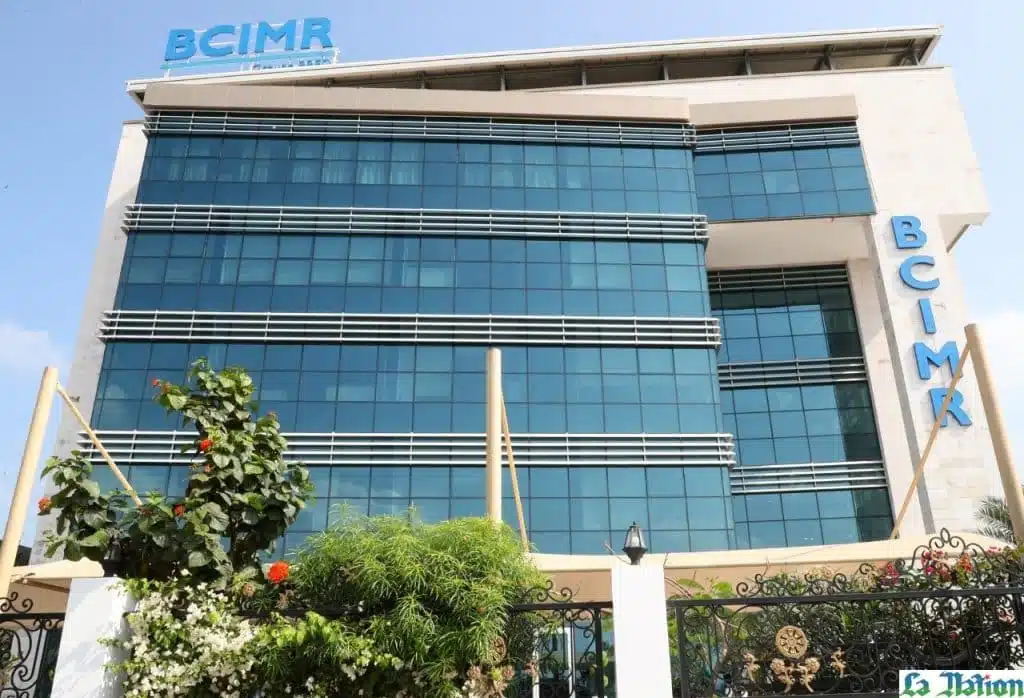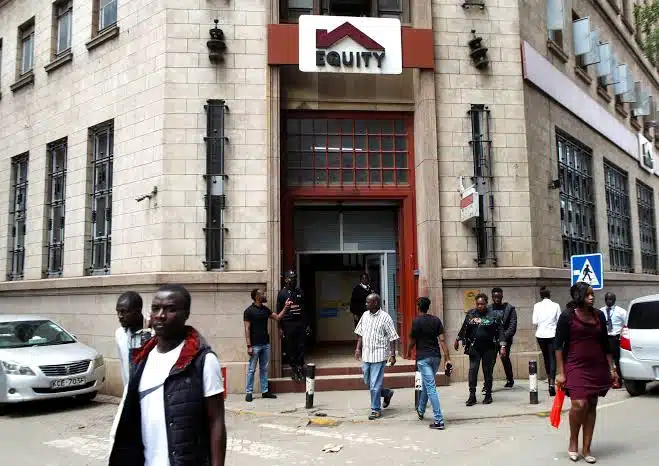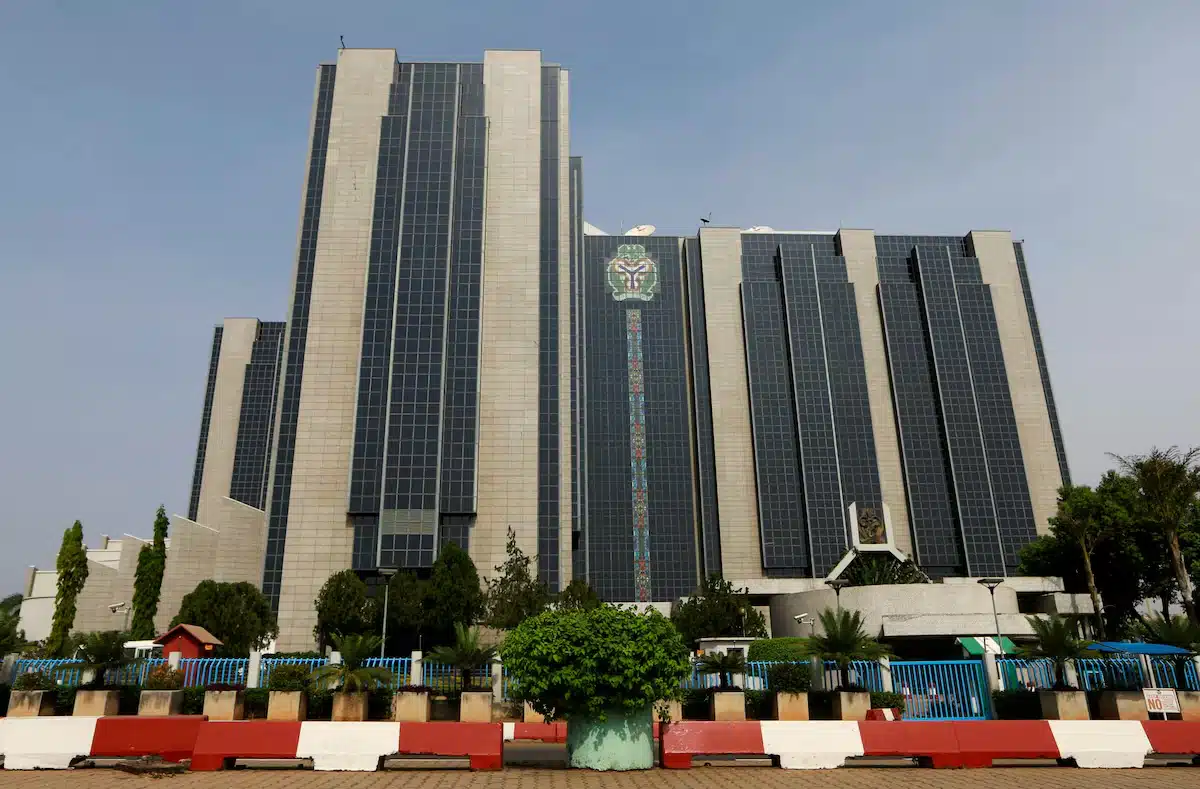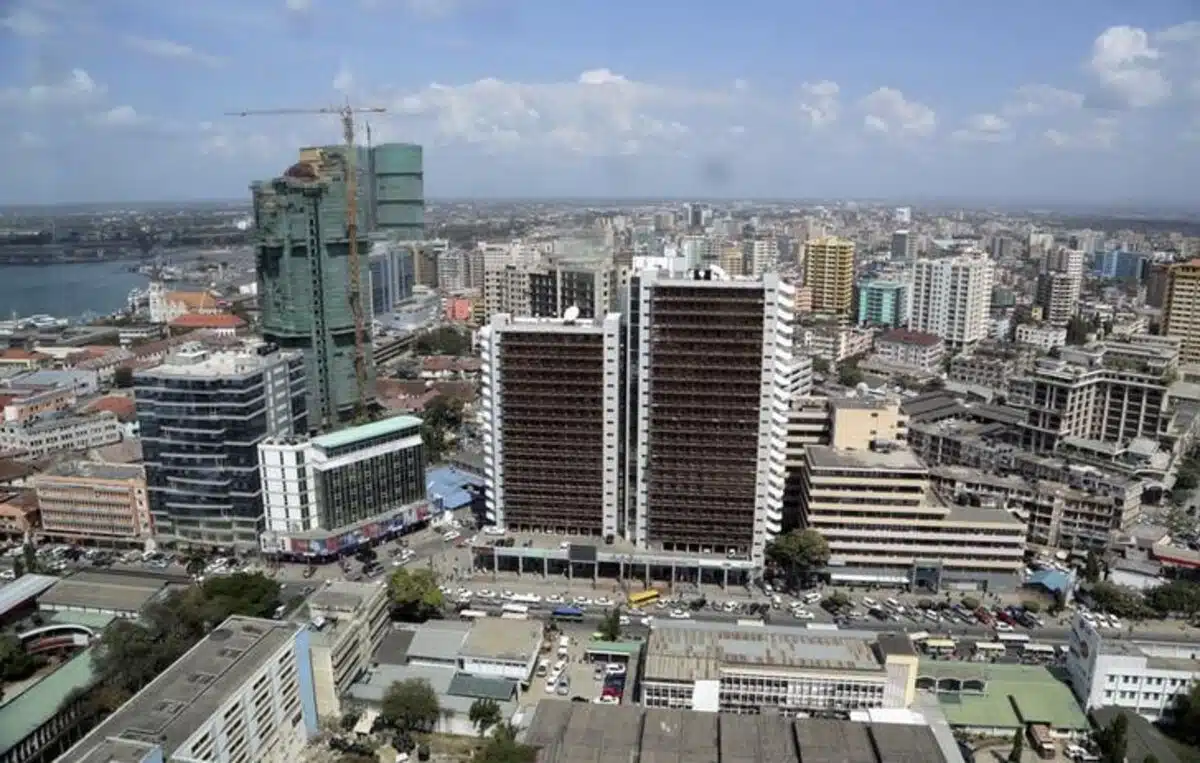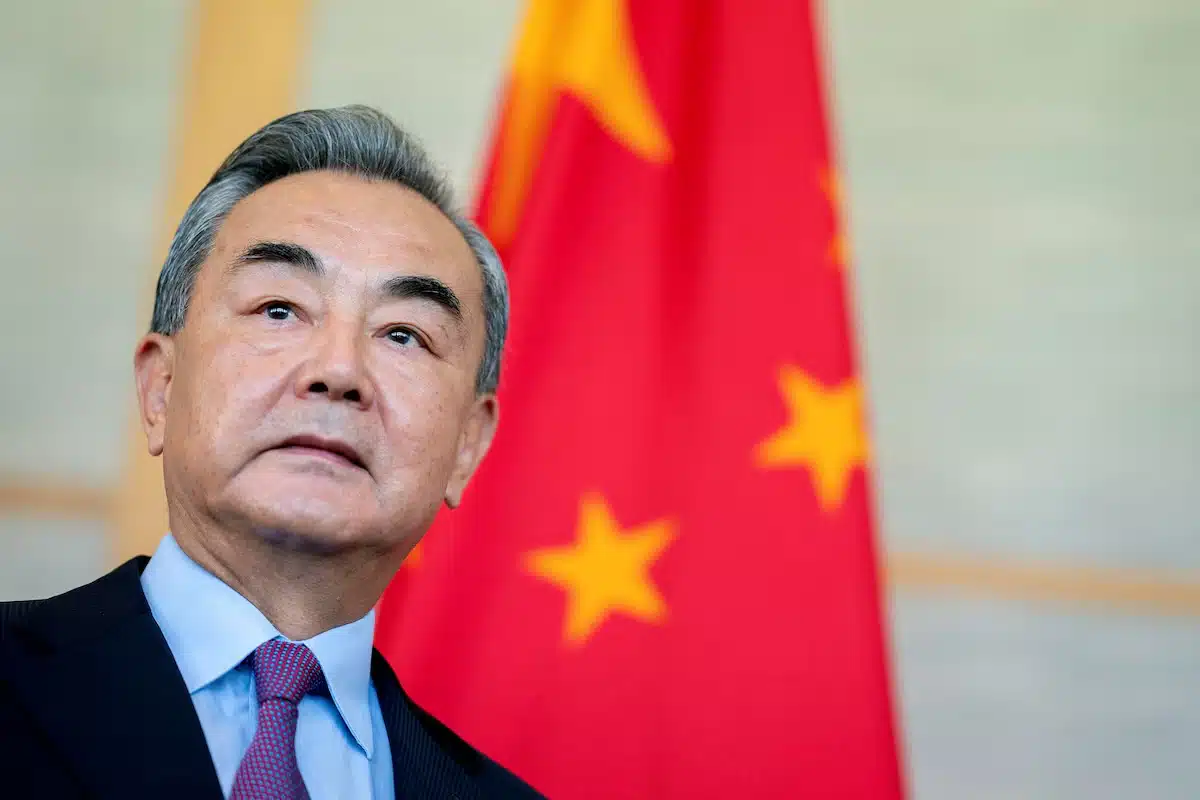Banque pour le Commerce et l’Industrie Mer Rouge (BCIMR), Djibouti’s largest bank by market share, plans to enter Ethiopia’s newly liberalised banking sector, making it one of the first regional banks to respond to Addis Ababa’s landmark financial reforms.
The development follows discussions held on Wednesday between BCIMR executives and Kebede Abera, Deputy Head of Mission at Ethiopia’s embassy in Djibouti.
The move also comes a few weeks after KCB Bank, Kenya’s largest lender by market capitalisation, announced plans to enter Ethiopia through the acquisition of a local bank, underlining growing regional interest in Africa’s once-closed banking market.
Sébastien Nahom, Chief Executive of BCIMR, applauded Addis Ababa’s move to promote foreign participation in its financial system and noted ongoing efforts to engage with private sector actors and regulators in Ethiopia.
With more than 120 million people, Ethiopia is Africa’s second-most populous nation and represents a sizable untapped market for retail and corporate banking.
Ethiopia formally opened its banking sector to foreign participation in December 2024, when parliament passed the Banking Business Proclamation, ending decades of protectionism.
The new rules cap foreign ownership at 49% to safeguard domestic control. Last June, the National Bank of Ethiopia issued a directive inviting foreign banks to apply for licences to establish subsidiaries, open branches, or acquire stakes in local lenders.
A strategic move from Djibouti’s financial powerhouse
Founded in 1954, BCIMR is Djibouti’s dominant lender, controlling around 45% of the domestic market. It is majority-owned by BRED Banque Populaire of France (51%), with the Djiboutian state (33%) and a Yemeni partner (16%) also holding stakes.
The bank offers a full spectrum of services – retail, corporate, trade finance, and SME banking – and has been a key financier of Djibouti’s trade and infrastructure projects.
BCIMR has also invested in digital financial solutions, including a partnership with Djibouti Telecom’s D-Money platform and support schemes for micro, small, and medium-sized enterprises.
Since 2015, it has maintained a representative office in Addis Ababa, underscoring its long-standing ties with Ethiopia. Its parent company, BRED Banque Populaire, posted robust full-year 2024 results, driven by strong performance in commercial banking across all markets, particularly in the Horn of Africa.
Net banking income also rose by 10% to €1.47 billion, with subsidiaries in the Pacific and Horn of Africa contributing 8.7% of the total.
If the expansion plans go through, Ethiopia’s banking sector will gain access to Djibouti’s largest lender, unlocking new opportunities in lending, trade finance, and investment for the country’s emerging financial market.

